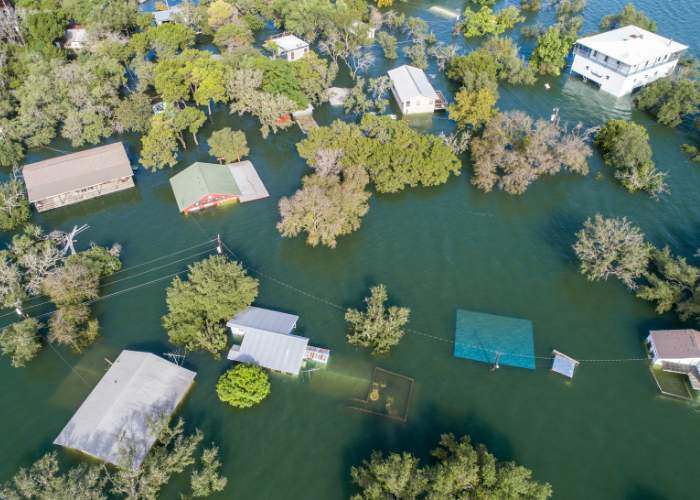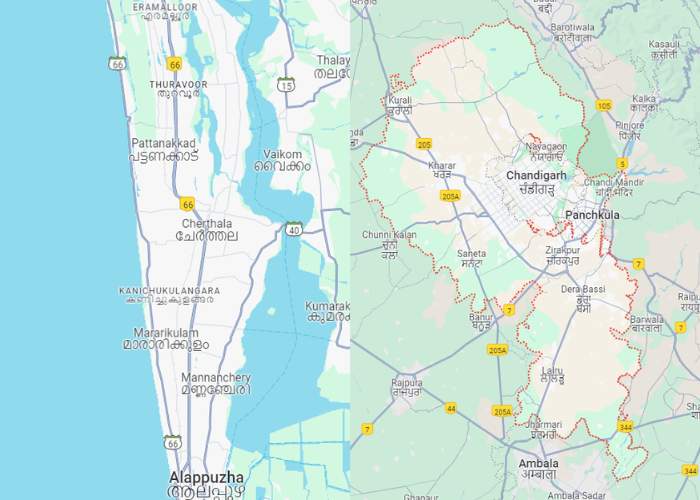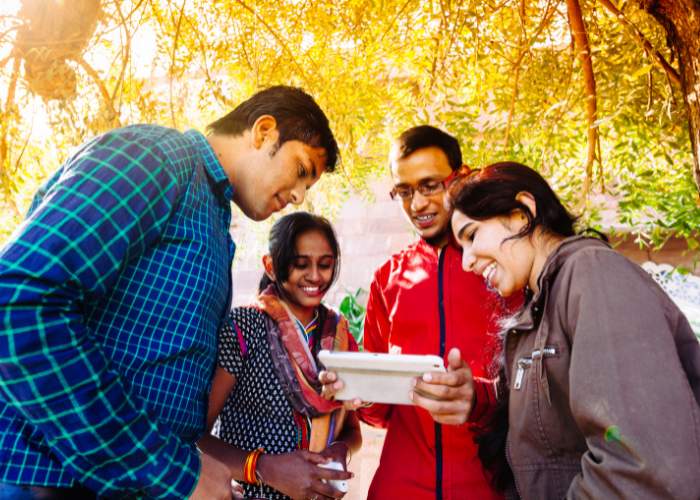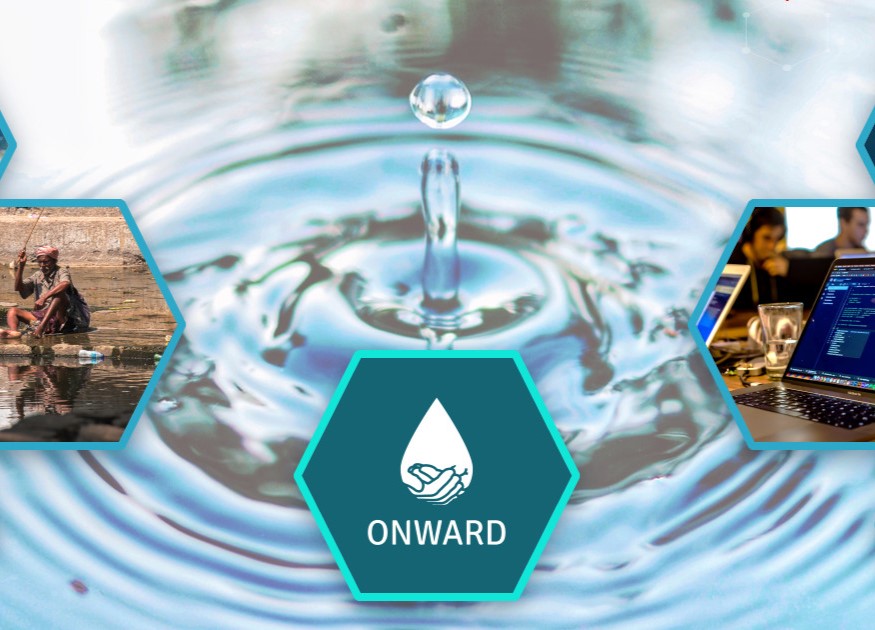About WADIM
About
WADIM (Water-Associated Infectious Diseases in India: Digital Management Tools) is an innovative digital platform created to address the significant underreporting of waterborne disease cases and lack of data on poor sanitation conditions that allow these diseases to spread, especially after natural disasters like floods.
Developed by an international team of researchers, medical professionals, and technology experts, WADIM leverages the latest mobile technology and satellite remote sensing data to provide comprehensive monitoring and mapping of waterborne disease risks at two locations in India.
Our Mission
End the preventable suffering caused by waterborne diseases in India through smart digital monitoring, data-driven interventions, and public education.

A multi layered approach combining:
A smartphone app that empowers citizen scientists to directly report sanitation issues and suspected cases of waterborne illnesses like cholera, acute diarrheal diseases and other diseases.
Integration of this crowdsourced data with high-resolution satellite observations of flooding events, water quality indicators like chlorophyll levels, and environmental presence of pathogenic Vibrio bacteria.
Generation of frequently updated risk maps and alerts based on this combined dataset to inform public health responses and interventions.
Study Sites
WADIM is currently being implemented in two regions of India:
Vembanad Lake Region, Kerala – A biodiverse coastal area where nearly 1.6 million people rely on the lake’s resources for aquaculture, fishing, tourism and transportation. The area is vulnerable to flooding, sea-level rise and has significant sanitation challenges.
Chandigarh Metropolitan Area – An inland region in north India which is home to over 1.6 million residents. Despite having a high human development index, waterborne disease outbreaks occur regularly in this densely populated area.

The Potential Impact
By filling critical data gaps, improving early warning systems, and increasing public awareness, WADIM aims to empower communities to make informed decisions to reduce transmission of waterborne diseases.
The digital tools and learnings from WADIM can be applied to other regions of India and adapted to monitor additional climate-sensitive diseases in the future. Join us in combating this preventable public health crisis through the power of open data, technology and citizen science.


The Team
This project consists of professionals with a diverse background, from clinicians to microbiologists to remote sensing scientists. The project partners have successfully collaborated in previous and existing research projects (REVIVAL, PODCAST, WIDGEON) and/or are a member of the international network Open Network for Water-Related Diseases (ONWARD) that promotes collaborations across disciplines.